Mar04
Making your City an Innovation Hub
Point: Business and communities can create a talent-attracting virtuous circle
Story: McKinsey & Co. partnered with the World Economic Forum to evaluate what makes a given region an “innovation hub.” McKinsey analyzed 700 variables and summarized the results in “Building an Innovation Nation.” Despite the report’s title, the principles apply to business and city regions as well.
The single common factor that drives innovation across all sectors is the availability of a well-qualified talent pool. Talent attracts talent, creating a reinforcing success cycle.
Let’s look at Boulder, Colorado to see these principles in action. Boulder is #1 in the nation for software engineers per capita. The tech community thrives largely due to the efforts of volunteers who organize regular meetings that let technologists find & talk with each other. Here are five examples. First, Rob Reich’s Boulder Denver New Tech monthly meet-ups are among the largest, attracting upwards of 350 technologists and entrepreneurs. The meetings feature presentations by new and emerging tech companies, who describe their business models and demo their software/products. Brian Tsuchiya’s Startup Entrepreneurs is another monthly meet-up, giving very early-stage entrepreneurs a chance to practice their pitch to a smaller audience and get feedback on their pitch & plan. Andrew Hyde’s Ignite Boulder events bring the community together in lighthearted events that are then livestreamed and archived. His Startup Weekend began in Boulder and is now in dozens of cities. Jeremy Tanner organizes unconferences like PodCamp Boulder. TechStars provides seed funding, office space to mingle and mentors from whom to learn. Local venture capitalists like The Foundry Group are active in sharing their insights through Boulder Open Coffees, presentations at Silicon Flatirons and mixers like StartUp Drinks. Local businesses like PR firm Metzger Associates are regular sponsors of many events. At all of these events, companies looking to hire and candidates looking for jobs can announce their presence.
Action: Help specialists in your community find each other through mixers and events. Create public calendars (such as Andrew Hyde’s Boulder.Me) to let everyone know about upcoming events. Share highlights of past events to give newcomers a flavor of them (see Rocky Radar and w3w3 Talk Radio). Participate in these events to find potential new hires and new business opportunities. Emphasize the resource-matching and idea cross-pollination opportunities of these events.
5 Comments »Entrepreneurs, How-to, Innovation, Opportunity
5 Responses to “Making your City an Innovation Hub”
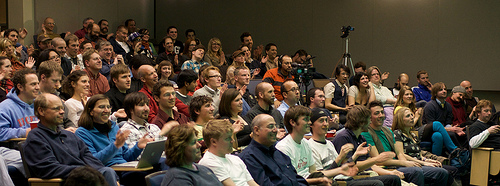


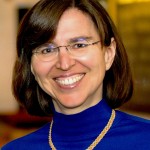



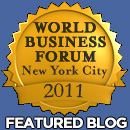
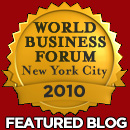

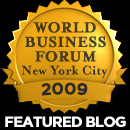
Steve Todd Mar 4th 2009 at 02:52 pm 1
Andrea,
Many of the examples in Boulder are face-to-face meetings. Are you finding that the same sort of innovation can occur in a geography where there is local interaction via social media like Twitter, Facebook, or LinkedIn?
Steve
Andrea Meyer Mar 4th 2009 at 03:09 pm 2
Interesting question, Steve. I know of open-source projects where innovation occurs without face to face meetings. Those projects are often across geographies, but it seems logical that they would work within a given geography as well. Local interaction via social media like you mention is a strong glue that keeps people motivated and in-touch with each other, sparking ideas, innovation and collaboration.
Elaine Ellis Mar 5th 2009 at 01:01 pm 3
This is a great post about makes Boulder thrive. I think you’re dead on that talent attracts talent. The brilliance of the people I meet in Boulder and Denver is not only humbling but very stimulating. I think the people here really push you to do your best.
What Does Boulder Mean To You? Mar 9th 2009 at 09:46 am 4
[…] first entry is
sopan Mar 11th 2009 at 03:57 pm 5
One of the important factors in Boulder’s success is that it’s one of the few cities that people consciously choose to move to. People live in Boulder on purpose, not by accident.
There are a lot of Boulder residents who migrated from big cities and great professional careers. They wanted a higher quality of lifestyle than they could get in the concrete jungles. After attaining a certain level of connections and experience that allowed them to work virtually, they chose to pack up and move to the greener pastures of Boulder.